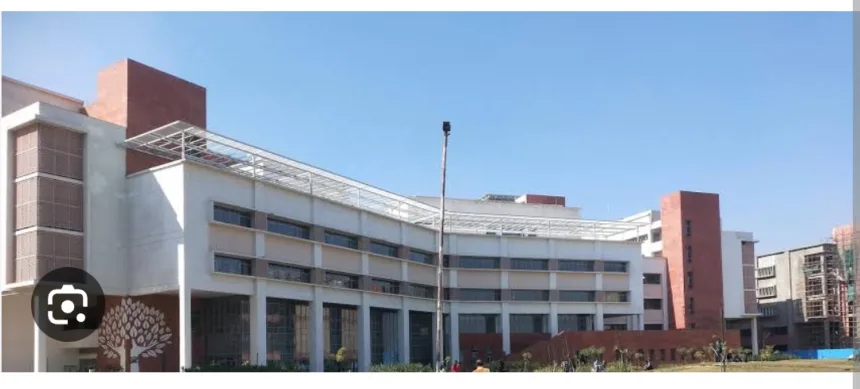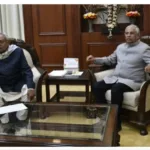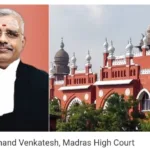The Delhi High Court has held that the South Asian University (SAU), which was established by an agreement between the members of the South Asian Association for Regional Cooperation (SAARC), is neither a ‘State’ under Article 12 of the Constitution of India nor does it fall under the ambit of Article 226 [Dr Snehashish Bhattacharya & Ors v South Asian University].
In a judgment pronounced on January 23, Justice Chandra Dhari Singh held that SAU derives its powers from an intergovernmental agreement dated April 4, 2007, between SAARC members.
It is an international organization where the government of India does not hold any control over its functioning, administration, and finances despite it being situated in India, the Court added.
“The arguments advanced by the petitioner do not satisfy this Court that the respondent University is a state for the purpose of adjudication of dispute by the Writ Court and therefore, it cannot be brought under the judicial scrutiny by this Court,” the Court opined.
The Court proceeded to hold that a writ petition under Article 226 of the Constitution could not be filed against SAU.
“This Court is of the considered opinion that the present writ is not maintainable as the respondent University enjoys the status of an international organization having privileges and immunities and the same is evident from the headquarters agreement signed by the member countries of SAARC, the SAU Act enacted by the Parliament of India and the notification issued by the Ministry of External Affairs on 15th January, 2009,” the judgment stated.
Justice Singh also referred to a notification issued by the Ministry of External Affairs on January 15, 2009, through which the immunities enacted under the United Nations Charter were extended to the SAU.
The judge concluded that SAU was an international institution and could not be subjected to writ jurisdiction under Article 226 as this would defeat the intent of the headquarters agreement signed by the member states of the SAARC.
The Court made these observations while dealing with a writ petition filed by some Assistant Professors of the SAU challenging their suspension.
They were suspended for their alleged involvement in a student-led protest in the SAU premises.
However, the counsel appearing for the SAU raised an objection to the maintainability of the plea.
After considering the case, the Court held that the writ petition was not maintainable.
The Court added that the arbitral tribunal which has been conferred jurisdiction over the disputes between the employees and the SAU is the appropriate forum for adjudication of the dispute on merits.
The writ petition was, therefore, dismissed.
Advocates Abhik Chimni, Saharsh Saxena, Anant Khajuria and Riya Pahuja appeared for the petitioner-professors.
The South Asian University was represented through Advocates Sandeep Kumar Mahapatra, Mrinmayee Sahu and Kritika Sharma.




